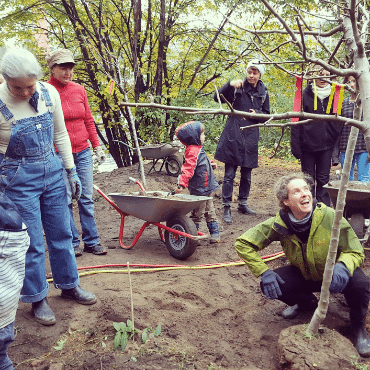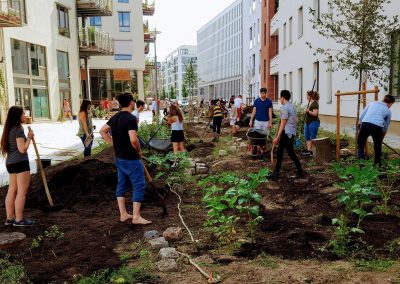Brighton & Hove Food Partnership
Brighton & Hove Food Partnership
As a not for profit organisation that has been working since 2008 at a citywide level on initiatives that use community food growing to improve the health and wellbeing of residents, regenerate areas experiencing anti-social behaviour and improve bio-diversity we are able to offer expertise to other places wishing to do the same . All of this work sits as part of our City Food Strategy, which BHFP wrote so we are also able to offer support / advice about food governance at a city level. We are also happy to work with other initiatives to pilot ideas emerging from the programme.
Brighotn & Hove is a compact city on the south coast of England with a population of 230,00. The Brighton & Hove Food Partnership (BHFP) is a hub for information, inspiration and connection around food. We help people learn to cook, grow food, eat a healthy diet and waste less. We prioritise work with people experiencing deprivation, isolation, poor health and other life challenges. Independent evaluation shows that our work makes lasting changes to habits and behaviours which improve lives. We all eat, and food is central to life’s celebrations and memories – food activities can engage a wide range of people. Our approach uses this power of food to bring about change.
[ess_grid alias="grid-1"]
Updates für diese Seite an EdiCitNet schicken
Wir freuen uns, wenn du uns Updates für diese Seite per E-Mail schickst.



